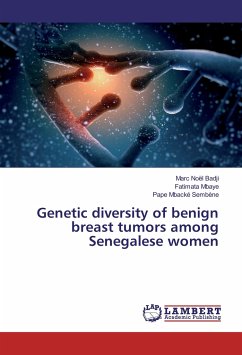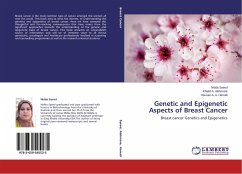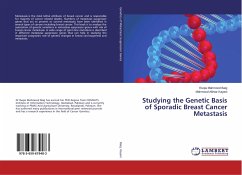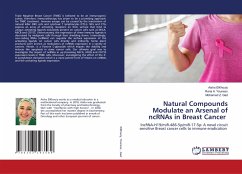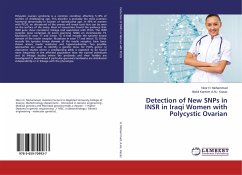In Sub-Saharan Africa, as in Senegal, breast cancer is the second after that of cervical in women. However, although most of the studies on breast pathology concern cancer, the overwhelming majority of breast lesions, palpable or not are benign. Thus this research is done in order to understand the impact of diversity and genetic evolution of the D-loop in benign breast lesions in Senegalese women. The variability of the D-loop was investigated and the results revealed a significant presence of specific variants for breast benign tissue. The C150T mutation was associated with protection to the presence of benign breast tumors when G247A implicated in an increased risk. Patients of mitochondrial haplogroup L would be significantly more susceptible to these benign breast lesions. Finally, a significant correlation was associated with haplotypes C309CC and witnessed the D310, which respectively constitute increased risk groups and susceptible to the contraction of benign breast lesions. All these results allowed to have a global view on the influence of pathogenic mutations on diversity and genetic evolution of the D-Loop observed in Senegalese patients with benign breast tumor.

